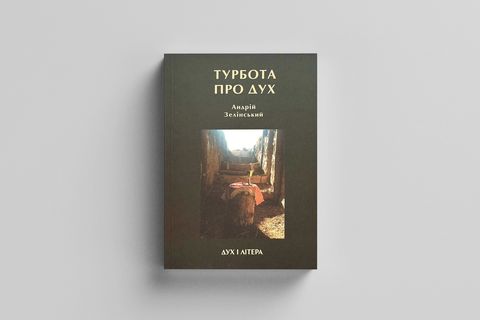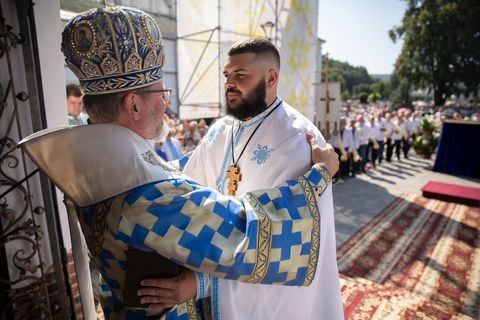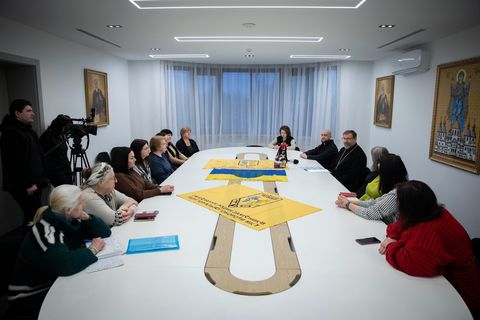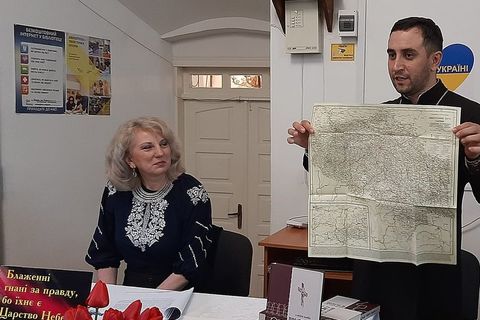“A Military Chaplain Safeguards the Divine in Those Who Defend Truth and Justice” – Fr. Andriy Zelinsky
In a recent interview with Vatican News, Fr. Andriy Zelinsky, S.J., Deputy Head of the Department of Military Chaplaincy at the Patriarchal Curia and Advisor to the Head of the UGCC, spoke about the mission of military chaplains.
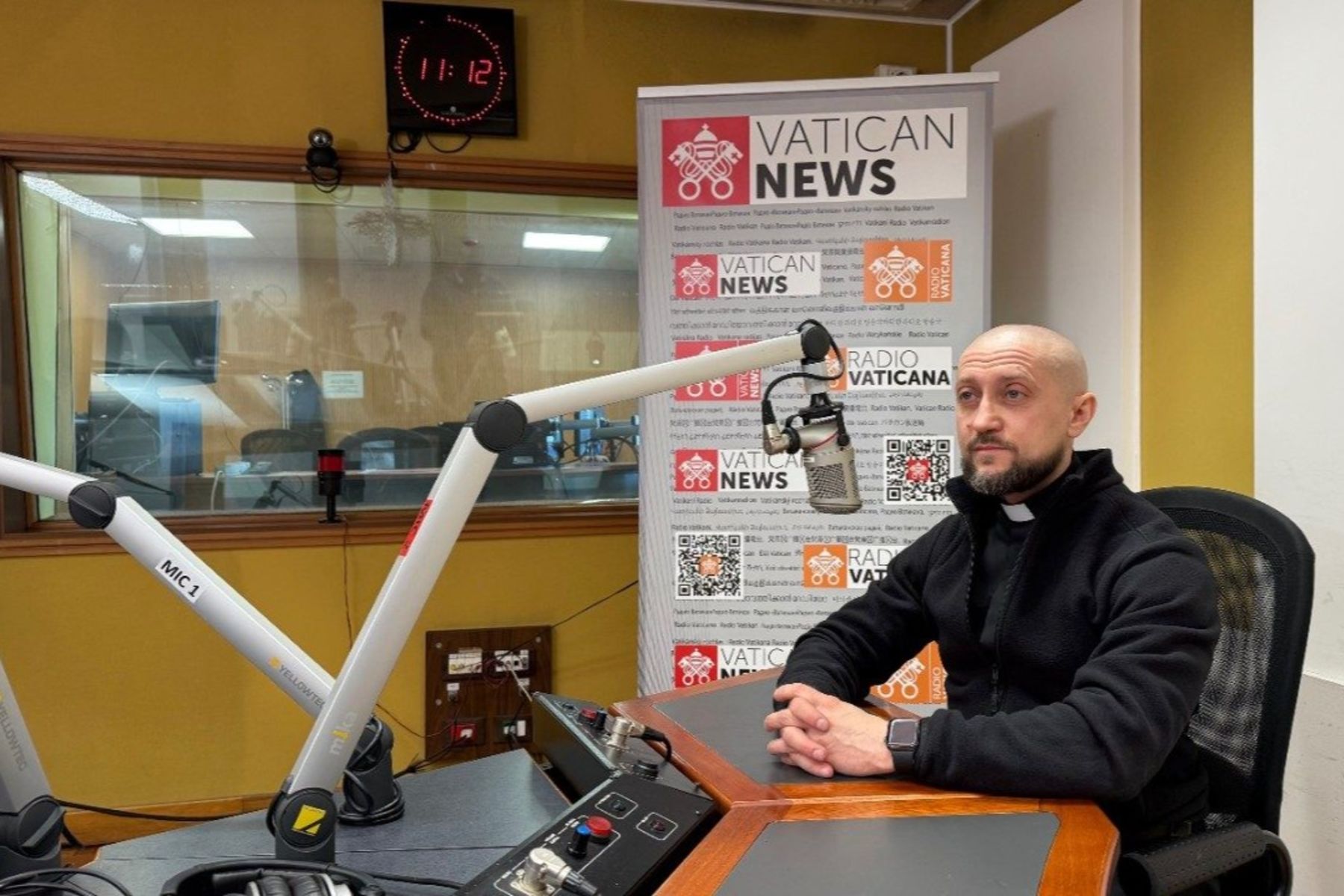
He explained that, formally, a military chaplain is responsible for addressing the spiritual and religious needs of service members and their families. However, from a deeper pastoral perspective, “a military chaplain is responsible for the divine in a person who stands in defense of truth and justice.”
Fr. Andriy described the chaplain’s mission as being present for military personnel and reminding them of their higher purpose: “While protecting others, they must not lose their own humanity.”
“Every wound—and war is always about wounds, whether physical or spiritual—needs care. The chaplain’s task is to help heal the deeper, inner wounds of Ukrainian soldiers,” he emphasized.
Fr. Andriy also noted that “humanity is the first target any war seeks to destroy, because war thrives on the opposite of humanity.”
“War brings chaos, force, cruelty, and violence. That is why it is crucial to protect not only the person but also the human essence—the divine image within them. If we, as people of faith, see humanity as a reflection of the Creator, then by preserving what is human, we preserve the divine in the world,” he said.
Reflecting on God’s presence in creation, he added: “In Christian theology, certain signs reveal the Divine. We speak of God as truth, as absolute goodness, as just order. In Eastern theology, we also speak of God as infinite beauty. To be truly human is to seek truth, uphold goodness, fight for justice, and contemplate beauty.”
He suggested that these four guiding principles—truth, virtue, justice, and beauty—not only protect soldiers from the deeper wounds of war but also help them remain human despite the chaos. “Above all, these principles help prevent deep and lasting emotional wounds. But most importantly, they help soldiers hold on to their humanity,” Fr. Andriy concluded.
The UGCC Department for Information